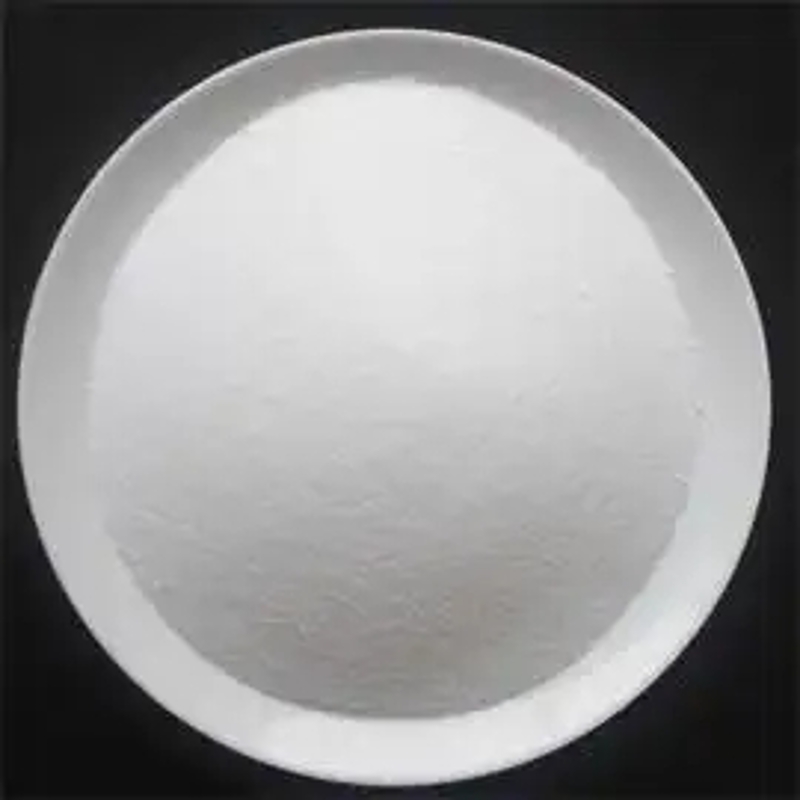-
Categories
-
Pharmaceutical Intermediates
-
Active Pharmaceutical Ingredients
-
Food Additives
- Industrial Coatings
- Agrochemicals
- Dyes and Pigments
- Surfactant
- Flavors and Fragrances
- Chemical Reagents
- Catalyst and Auxiliary
- Natural Products
- Inorganic Chemistry
-
Organic Chemistry
-
Biochemical Engineering
- Analytical Chemistry
- Cosmetic Ingredient
-
Pharmaceutical Intermediates
Promotion
ECHEMI Mall
Wholesale
Weekly Price
Exhibition
News
-
Trade Service
December 3, 2020 /--- -- Neurological disorders of the brain, such as dementia, autism and schizophrenia, are now a growing social problem.
, however, there is still insufficient research to determine the cause.
recently, the POSTECH team has identified mechanisms for the occurrence of these neurological diseases, thus solving the problem of treating them.
In the case of neurological disorders in the brain, problems occur when certain effects alter the synactical plasticity and signaling of brain-origin neurotrophic factors (BDNF), which have a profound effect on neuron development and differentiation.
between nerve cells is transmitted through synapses, where synact activity and synctological structures change and regulate dynamically according to stimuli.
period, BDNF had a significant effect on the survival of nerve cells and synhap plasticity.
when it fails, it not only interferes with the smooth exchange of information between brain cells, but also kills neurons, leading to learning and memory impairments.
(Photo: www.pixabay.com) POSTECH Professors Kyong-Tai Kim and Jeong-Seop Jeong of the Department of Integrated Biosciences and Biotechnology have identified the mechanism by which BDNF regulates local expression of AMPA subjects, which is important for the synhap function of nerve cells.
the results of the study were published in the journal Science Advance.
AMPA is a glutamate-acting ion channel that is responsible for excitable nerve signals.
they are located on the dextour of nerve cells and transmit signals when they identify glutamate secreted in synapses.
for synaptic plasticity, ampA subjects are normally locally synthesized according to the strength, duration and frequency of nerve stimulation and effectively transported to the synapse back membrane.
the presence of ampA-like mRNA in synoptic cells is known, but it is not clear how that mRNA translates into the mechanism of the subject protein.
team found that the 5' non-translated region of ampA's subject mRNA has internal RNA entry site (IRES) activity and, unlike the general method, protein translation levels increase when the protein hnRNP A2 / B1 (a protein that binds to RNA) binds to that site.
studies have shown that ampa-subject mRNA produced by cell nucleotroviral transcription moves to the synapse and waits there until the simulation occurs in response to various stimuli to rapidly produce the subject protein.
specifically, when BDNF stimulates nerve cells, the level of hnRNP A2/B1 increases, thus facilitating the synthesis of AMPA-like proteins.
these proteins, which are locally synthesized in synapses, are used to conduct nerve signal transduction effectively.
" study reveals key mechanisms for synactal plasticity to prevent abnormal brain development or brain nerve cell degeneration, and we hope to provide important clues in the future for the development or treatment of degenerative brain diseases such as autism and dementia.
" (Bioon.com) Source: Treating brain diseases now possible Original source: Youngseob Jung et al, BDNF-induced local translation of GluA1 is regulatored by HNRNP A2/B1, Science Advances (2020). DOI: 10.1126/sciadv.abd2163。







